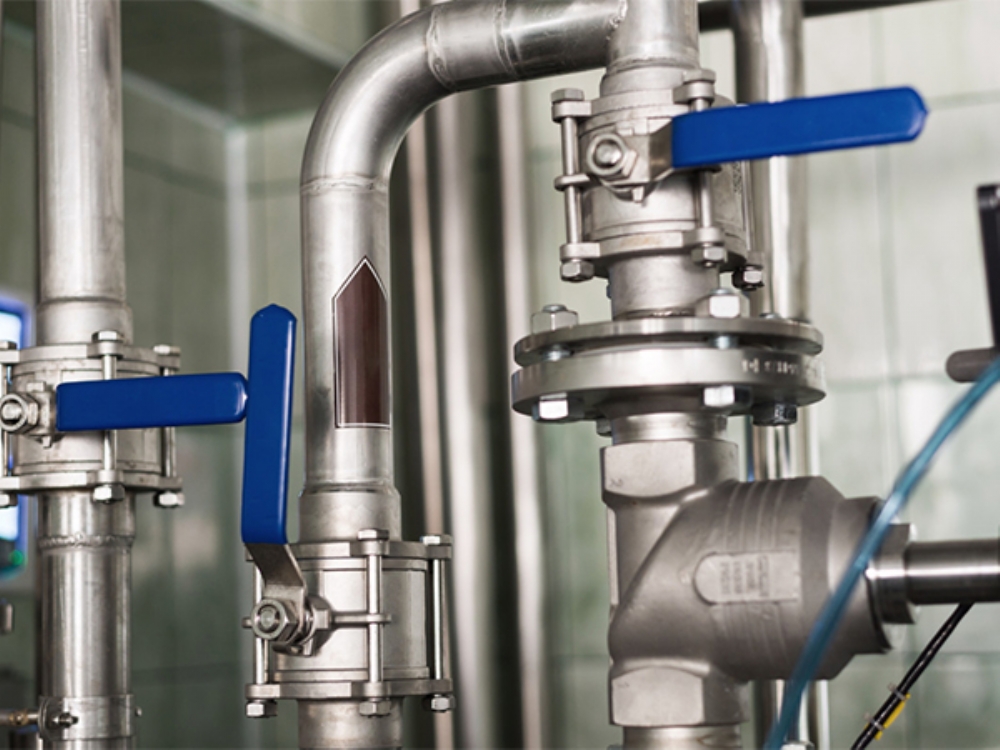
The right valve selection plays a critical role in the performance, efficiency and safety of a system.
Valves are one of the fundamental components of industrial fluid control systems. Choosing the right valve plays a critical role in the performance, efficiency, and safety of a system. However, determining the appropriate valve type for each industry and application requires both technical knowledge and experience. In this blog post, we will explore the most commonly used valve types, their applications, and key considerations for selecting the right valve.
Butterfly valves are often preferred in confined spaces and low-pressure systems due to their compact design and quick open-close features.
Ball valves offer high sealing performance and full open-close capabilities.
Knife gate valves are designed for lines carrying slurry and dense fluids, excelling in open-close operations.
Needle valves are effective in regulating low-flow fluids, particularly in systems requiring precise flow control.
These valves, used in automation systems, offer remote control and high precision advantages.
At Tegravalf, we are always here to provide the most suitable solutions for our customers with our expert team and extensive product portfolio. Contact us to select the valve that best fits your industry and needs!